Chest pain years after bypass surgery can be concerning, especially when it seems to come out of the blue. For many patients, this symptom raises questions about whether their heart health is at risk again. While chest pain may be caused by minor issues such as scar tissue or muscle strain, it can also be a sign of underlying cardiac concerns like graft narrowing or new blockages. Understanding the potential causes, risks, and treatments for chest pain 2 years after bypass surgery is essential for managing long-term heart health and reducing anxiety.
Dr. Vishal Khullar, an internationally acclaimed cardiovascular and thoracic surgeon with over 30 years of experience, emphasizes the importance of timely evaluations for recurring chest pain. “Chest pain, even years after bypass surgery, should never be ignored. Identifying the cause early can prevent complications and provide peace of mind,” he advises. With a focus on patient-centered care, Dr. Khullar helps individuals navigate post-surgical challenges and achieve better heart health outcomes.
Overview
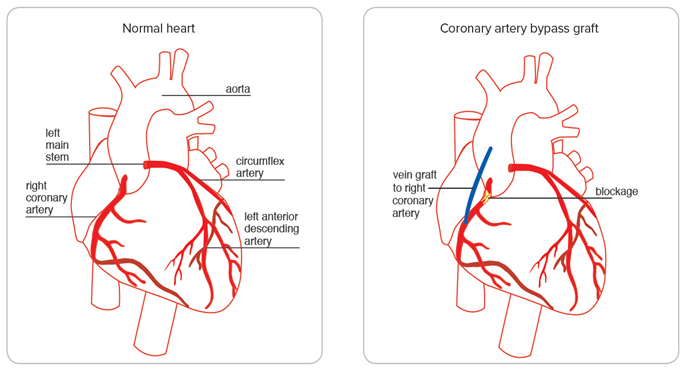
Coronary artery bypass graft (CABG) surgery can improve blood flow to the heart and alleviate chest pain caused by restricted arteries. However, for some individuals, chest pain might resurface years after surgery, creating concern and confusion. Understanding why chest pain can occur 2 years after bypass surgery, its causes, and how to treat it can help patients and caregivers better manage post-surgical symptoms and long-term health.
Dr. Vishal Khullar has dedicated his career to addressing these challenges, combining state-of-the-art surgical techniques with a compassionate, patient-centric approach. His extensive expertise ensures that even the most complex cases are managed with precision and care.
Read on to explore why chest pain can occur years after surgery and what it may mean for your health.
Is Chest Pain 2 Years After Bypass Surgery Normal? How Common is It?
Chest pain occurring 2 years after bypass surgery can raise questions for patients. While the majority of CABG patients do not experience recurring pain, chest pain is not entirely uncommon in the long term. Several factors can contribute to pain that returns or persists long after surgery, including lifestyle factors and natural changes in the body over time.
So, is it a cause for worry?
In some cases, this chest pain may simply be a residual sensation from scar tissue or muscle tension. However, for others, it could indicate issues such as graft narrowing or other cardiac concerns. Speaking with a healthcare provider is essential for a thorough evaluation, an accurate diagnosis, and peace of mind. “Early evaluation of chest pain can provide clarity and prevent potential complications,” advises Dr. Khullar, whose patient-centric approach ensures a detailed assessment of each patient’s condition.
Causes of Chest Pain 2 Years After Bypass Surgery
Chest pain after bypass surgery may arise from several factors, including:
- Graft Issues: Over time, bypass grafts can narrow or become blocked, potentially causing chest pain similar to angina. Graft health should be monitored regularly to catch any complications early.
- Scar Tissue: The formation of scar tissue near the surgery site may cause discomfort or pain in the chest area, especially with movements that put strain on the chest.
- Musculoskeletal Pain: After major chest surgery, muscles and joints can experience strain and soreness, which may persist or flare up periodically.
- Cardiac Concerns: In some cases, patients may develop new or recurring blockages in coronary arteries, causing chest pain that resembles symptoms experienced before surgery.
“Understanding the underlying causes is the first step to effective management. Each patient’s experience is unique, requiring tailored treatment plans,” says Dr. Khullar.
Concerned about chest pain years after bypass surgery? Reach out to our specialists for expert guidance and evaluation.
Risks, Complications & Impact of Chest Pain 2 Years After Bypass Surgery
Long-term chest pain post-bypass surgery can have significant effects on both physical and emotional well-being, particularly if it becomes persistent or interferes with daily life:
- Physical Limitations: Chest pain may restrict a patient’s ability to engage in physical activities, which could result in a more sedentary lifestyle over time.

- Increased Anxiety and Stress: Persistent or unexplained pain can be anxiety-inducing, particularly if it’s unclear whether the pain is cardiac-related.
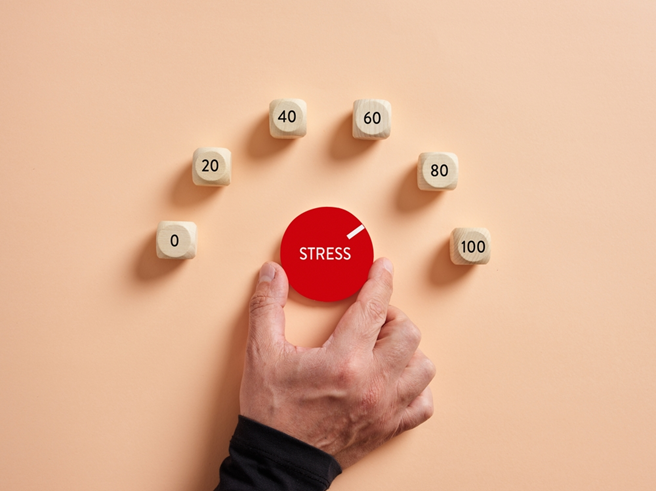
- Impact on Quality of Life: Living with ongoing discomfort may affect physical, mental, and emotional health, impacting overall quality of life.
Dr. Khullar emphasizes the importance of addressing these challenges with a holistic approach, combining medical interventions with emotional support for the patient’s overall well-being.
When Does It Go Away?
For many patients, chest pain after surgery diminishes significantly within the first year as the body adjusts and heals. However, some patients may continue to experience mild discomfort or pain that re-emerges years later. Factors like individual healing patterns, the extent of the original heart condition, and lifestyle choices all influence how long post-surgical chest pain may last.
So, when can you expect the pain to go away?
If chest pain continues for more than a few months or reappears years later, it’s crucial to consult a healthcare provider for a comprehensive evaluation and advice on management strategies.
Experiencing prolonged chest pain after surgery? Contact us for an assessment to help determine the cause and the best course of action.
How to Treat Chest Pain 2 Years After Bypass Surgery?
Treatment for chest pain 2 years post-surgery will depend on the underlying cause and the severity of symptoms. Some common treatment options include:
- Medications: Pain relievers, anti-inflammatories, and medications to manage angina or prevent blood clots may be prescribed, depending on the source of the pain.
- Lifestyle Adjustments: Incorporating gentle exercise, managing stress, and adopting dietary changes can help alleviate symptoms and improve cardiovascular health.
- Cardiac Rehabilitation Programs: A tailored rehab program can provide structured exercise and lifestyle coaching to strengthen the heart and relieve symptoms over time.
- Further Interventions: If pain is due to narrowing or blockage in grafts, further medical interventions, such as angioplasty or additional surgery, may be required.
Dr. Vishal Khullar ensures that each treatment plan is tailored to the patient’s specific condition, combining his vast expertise with advanced techniques to deliver optimal outcomes.
How to Prevent Chest Pain 2 Years After Bypass Surgery?
While not all instances of post-surgery chest pain can be prevented, certain lifestyle habits can reduce the risk:
- Heart-Healthy Diet: Focus on nutrient-rich foods, lean proteins, and whole grains to support cardiovascular health and reduce inflammation that may exacerbate chest pain.

- Regular Physical Activity: Engaging in regular exercise, as approved by a healthcare provider, strengthens the heart, reduces stress, and helps prevent complications that may lead to chest pain.

- Routine Follow-ups: Regular check-ups and follow-up tests, such as echocardiograms or stress tests, can catch potential issues early and allow for timely intervention if necessary.

“Prevention is as crucial as treatment. A proactive approach can make a significant difference in maintaining long-term heart health,” Dr. Khullar advises.
Conclusion
Chest pain occurring two years after bypass surgery can be unsettling, but understanding its possible causes, risk factors, and treatment options is essential. From managing lifestyle habits to seeking timely medical evaluation, there are ways to address chest pain effectively and continue a path to a healthier, pain-free life.
“Every patient’s journey is unique, and I strive to guide them with a personalized approach for the best outcomes,” says Dr. Khullar.
Ready to learn more about heart health post-surgery? Schedule an appointment with our experts for a personalized health plan.
Frequently Asked Questions
Is chest pain normal 2 years after bypass surgery?
While not common, chest pain can occur due to various factors. Consulting with a doctor can help determine the cause.
What causes chest pain years after heart surgery?
Chest pain can stem from graft issues, scar tissue, or even musculoskeletal strain. Identifying the cause is crucial to managing it effectively.
How can I know if chest pain after surgery is serious?
Any unexplained or persistent chest pain should be evaluated by a healthcare provider. They may recommend tests to assess heart function and detect any issues.
How long does recovery from bypass surgery last?
Recovery varies by individual, but most patients feel significantly better within 1-2 months only. Some may experience lingering symptoms, which can be managed with care.
What lifestyle changes can help prevent chest pain after bypass surgery?
Eating a heart-healthy diet, engaging in regular exercise, and attending routine follow-ups can help manage symptoms and prevent complications.
Can bypass grafts get blocked after surgery?
Yes, over time, bypass grafts can narrow or become blocked, potentially leading to chest pain or other symptoms. Routine check-ups can help monitor graft health.
References:


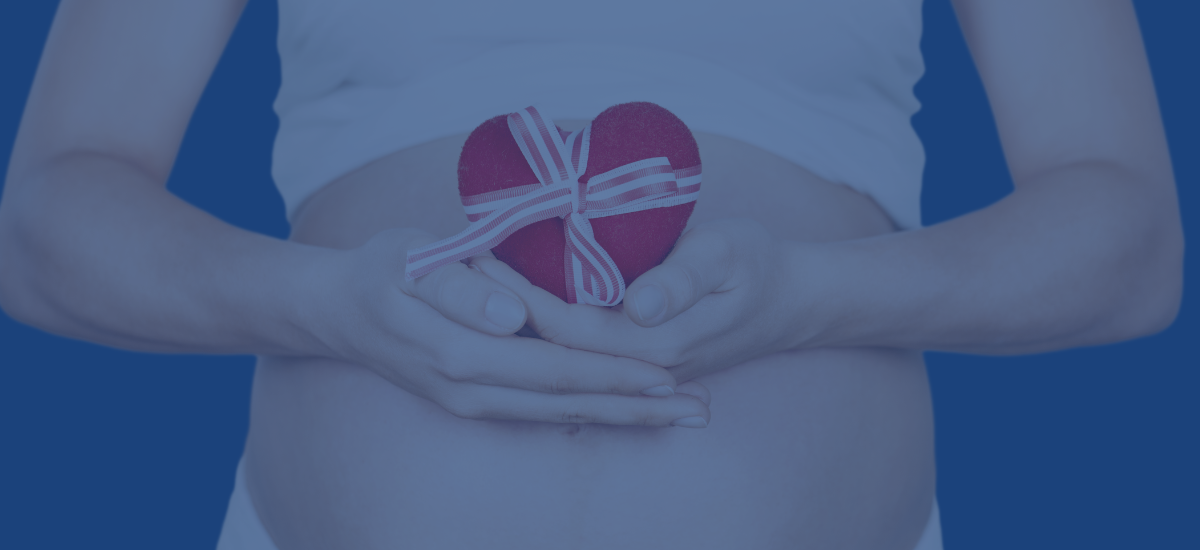
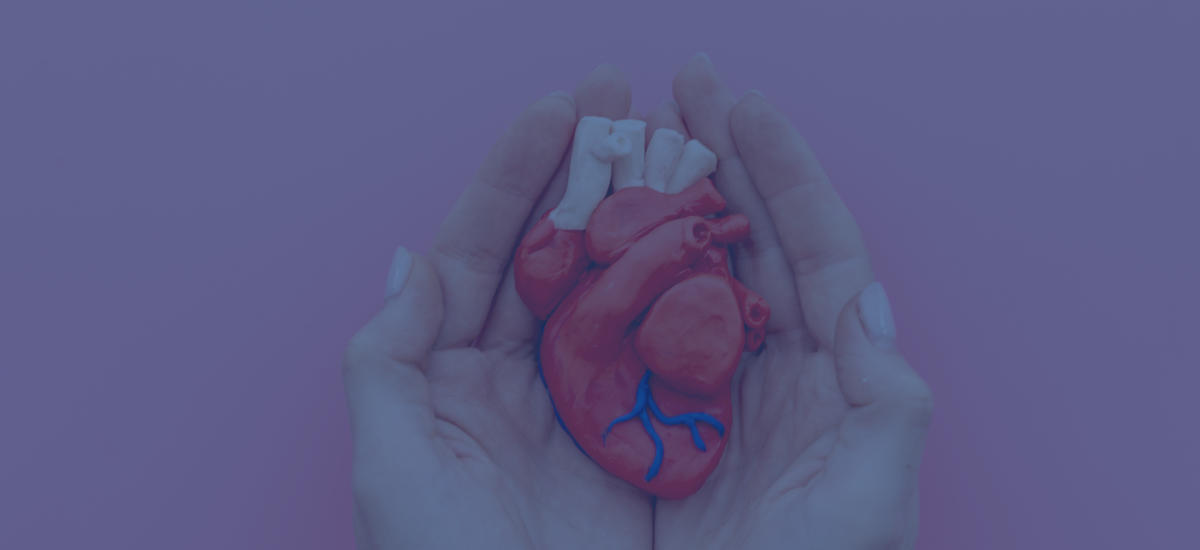

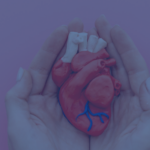

[…] heart bypass procedures. In this blog, we will delve into the factors influencing the cost of heart bypass surgery in Mumbai to help you make informed decisions about your healthcare […]
[…] We have shared a few guidelines about things you should do and things you should avoid doing after heart surgery. These guidelines will speed up your […]
[…] life expectancy after bypass surgery is subjective and varies from person to person. The good news is patients who have undergone CABG […]
[…] results can vary among heart patients. However, the good news is that the life expectancy after cardiac surgery shows a significant improvement in general. Those who make it through the first couple of months of […]